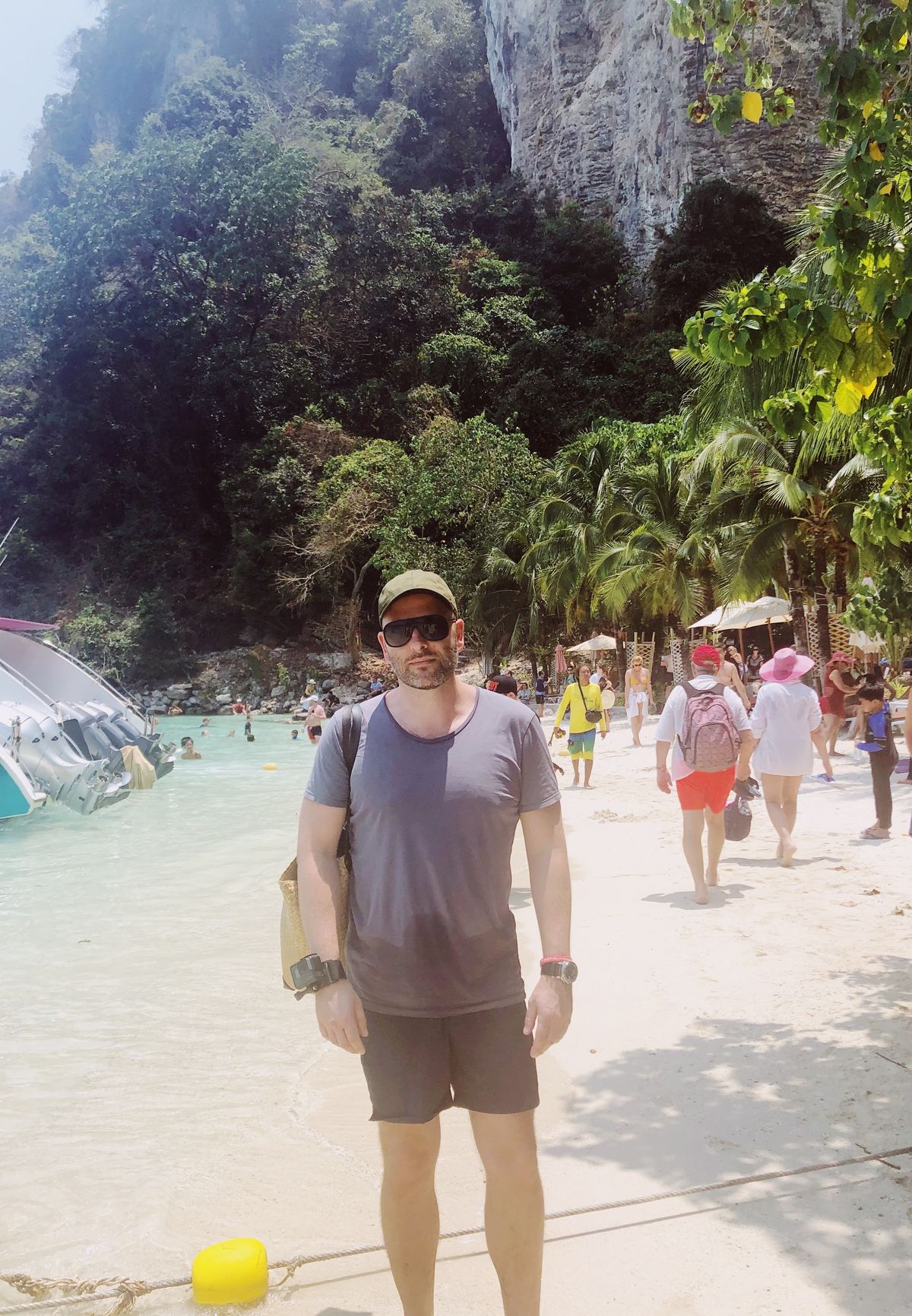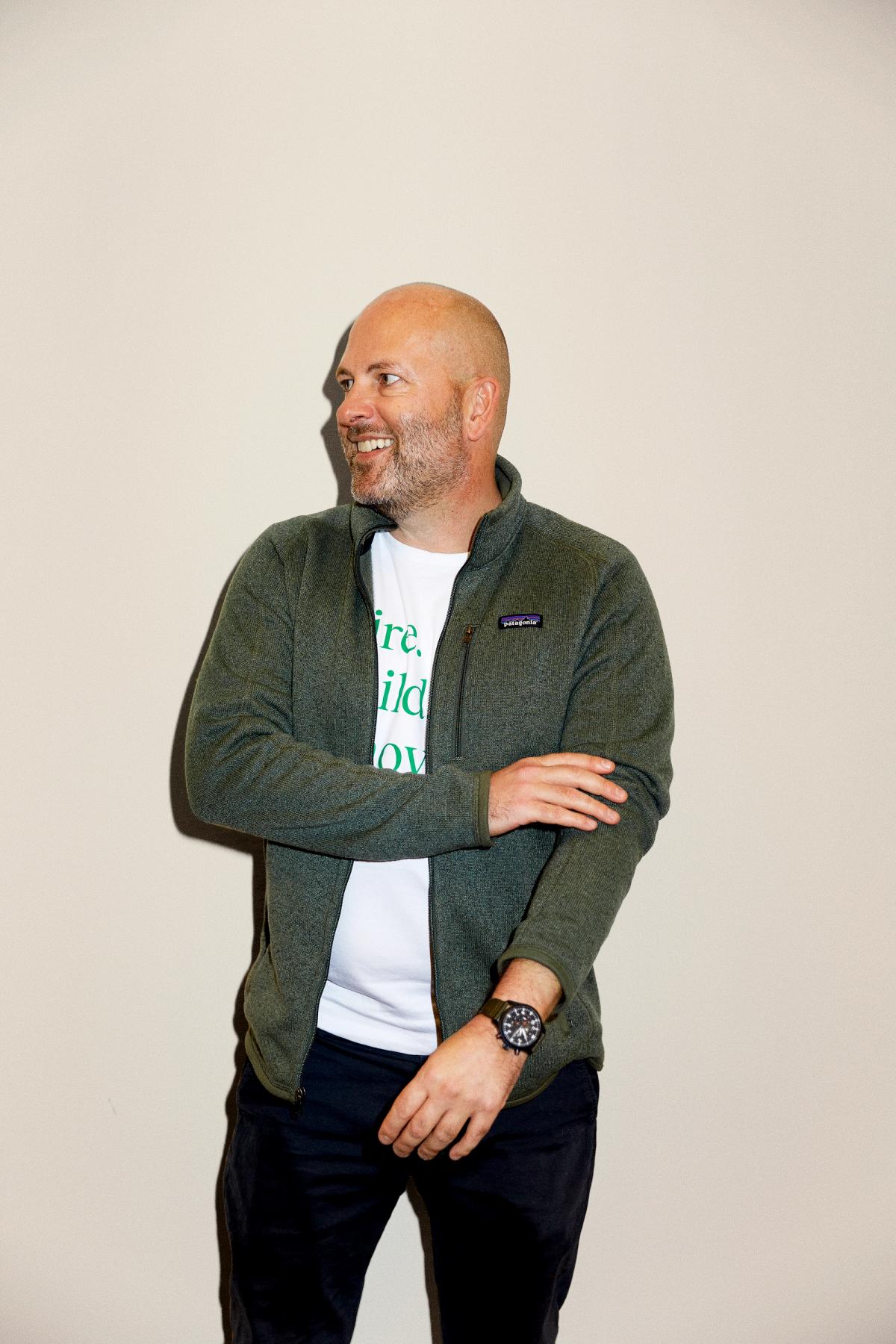Mini retirement - the ultimate guide

I recently wrote about the concept of mini-retirement, which essentially involves taking breaks throughout your work life to ensure that you make it to the end alive and reasonably sane. Above me keeping sane on a beach in Thailand.
Most of us will be working until we are +/- 70 years old, so if you finish high school at 18 and start an education shortly after, that's 50-ish years of school and work, with something like 5 weeks of vacation per year (in most European countries) + public holidays.
Ouch! That stings a bit, doesn’t it?
There have been different approaches to this, first and foremost the FIRE movement, which started in 1992 when the book Your Money or Your Life by Joe Dominguez and Vicki Robin emerged. FIRE stands for “Financial Independence Retire Early” and is centered around the 25x and 4 % rules. First, you save until you reach 25x your annual spending after retirement, and after retirement, you spend a maximum of 4 % of your savings per year.
The Times provides an overview here:
If you go all in on the concept, some people hit their targets as early as in the thirties, and it does sound liberating, right? You can stop working and enjoy the best things in life, like:
- Traveling. Or not really, because you probably can’t afford that. If you travel on the cheap and live in hostels (which is less fun when you’re 40 or 50 years old than when you’re 22 years old), it might be possible, but unfortunately, inflation is a global problem. The number of cheap locations is rapidly dwindling, so while flights are still cheap, forget about visiting big cities on a budget. Southeast Asia? Also not cheap anymore. Eastern Europe? Also not. Croatia used to be a budget-friendly location, but now, places like Dubrovnik are more expensive than Italy.
- Enjoy lounging, renovating, and reading in your beautiful home. Ahh, also not. The cost of housing is exploding everywhere, so while you could get a cheapish apartment in a big city in the past, Airbnb has destroyed that option for good. Locals are being driven out of big cities like Barcelona - and the same goes for many other larger cities. But wait, you say - the countryside is also wonderful, so I can just live there. But the countryside is also getting expensive, and you probably need a car to get around, etc.
- Cooking and eating out. I did mention inflation, didn’t I? While food inflation is getting lower, and we’re no longer at the 11.5 % (!) in the EU in October 2022 to a slightly more manageable 5,7 % in January 2024, it’s still pretty dramatic. When the standard De Cecco olive oil sets you back 20 € per bottle, you’re not going to be trying out your new Ottolenghi recipes in your non-existent kitchen.
- Enjoy spending time on your hobbies. Also becoming a lot more expensive - from hitting the gym, playing golf, baking muffins, road-cycling, or tinkering with an old car.
You could, of course, go all in on saving and (as some do) restrict showering to twice per week or live on canned tuna until you develop scurvy. But honestly - who wants to do that for 50 years?
And we haven’t even spoken about the most important reason why I don’t really see FIRE as an option for myself:
Life is what happens when you’re busy making other plans.
Suddenly, you have kids, and as anyone would tell you - kids are mind-numbingly expensive. And while they might thoroughly enjoy a low-budget camping trip when they’re 5 years old, they might also want to experience the world or enjoy a hobby. Or inflation or war (or both) hits, or you get tired of tuna, or you need expensive medication, or your house is whisked away by climate change-induced floods, etc. You can’t really plan 50 years ahead when there are so many moving parts.
Whether we call it mini-retirement or something else, I think it’s a pretty nifty concept. While you do need an overall plan, you don’t impact your life in a massively negative way by taking 3 to 6 months off, as long as you do it in the right way.
The right way is heavily dependent on your age and where you are in life. Therefore, we have created the ultimate guide to mini-retirement in your 20s, 30s, 40s, and 50s from a career perspective, which we will release over the next couple of weeks.
Stay tuned!

Insight by Bjørn Andersen
Bjørn Andersen
CEO & Founder
CEO & Founder